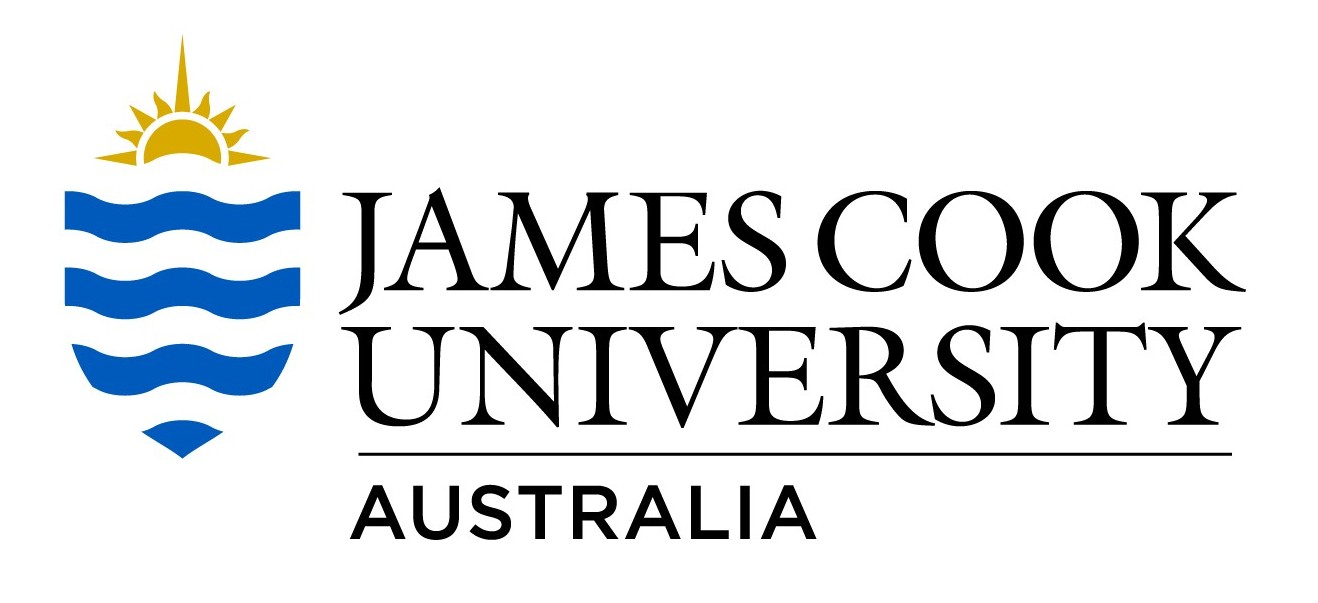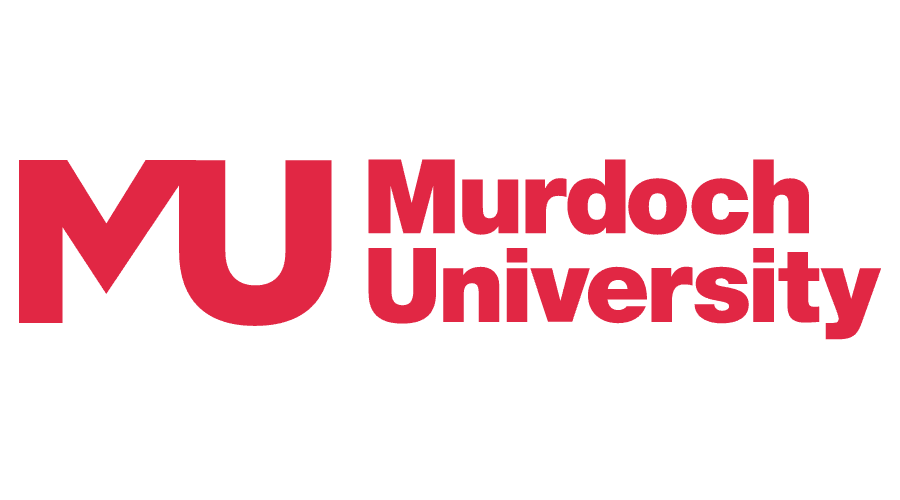Master of Education (M.Ed.): Your Gateway to Educational Leadership
Welcome to the comprehensive guide on the Master of Education (M.Ed.) program, designed specifically for aspiring educators from India looking to elevate their careers through international study. Whether you're a passionate teacher, an educational administrator, or someone eager to influence policy and pedagogy on a global scale, pursuing an M.Ed. abroad can transform your professional trajectory. This advanced degree equips you with cutting-edge knowledge in educational theory, research, and practice, making you a sought-after leader in schools, universities, and beyond.
For Indian students, studying an M.Ed. abroad offers unparalleled opportunities. It not only enhances your teaching credentials but also exposes you to diverse educational systems, fostering cultural competence and innovative teaching methods. With India's education sector booming, an international M.Ed. can position you for roles in top institutions, NGOs, or even government positions. Let's dive into the details of this rewarding program.
Program Overview
The Master of Education is a postgraduate degree typically lasting 1 to 2 years, depending on the country and university. It builds on a Bachelor's in Education (B.Ed.) or a related field, focusing on advanced topics like curriculum development, educational psychology, and leadership. Programs are available in full-time, part-time, and online formats, allowing flexibility for working professionals.
- Duration: 1 year (intensive programs in the UK, Australia) or 2 years (research-oriented in the US, Canada).
- Structure: Combines coursework, practical placements, and a thesis or capstone project.
- Delivery Modes: On-campus for immersive experiences, or hybrid/online for those balancing work in India.
- Specializations: Common options include Educational Leadership, Special Education, Curriculum and Instruction, or TESOL (Teaching English to Speakers of Other Languages), which is particularly relevant for Indian educators teaching multilingual classrooms.
Many programs emphasize research, preparing you to contribute to educational reforms back home. For instance, you'll learn how to integrate technology in teaching, a skill in high demand in India's digital education push.
Eligibility and Admission Requirements
Gaining admission to an M.Ed. program abroad requires careful preparation, but Indian students often excel due to their strong foundational education. Here's what you need to know:
| Requirement | Details for Indian Students |
|---|---|
| Academic Qualifications | Bachelor's degree (B.Ed. or equivalent) with at least 50-60% marks. Some universities accept related fields like BA/BSc with teaching experience. |
| English Proficiency | IELTS (6.5+ overall) or TOEFL (90+). Indian students from English-medium schools may qualify for waivers at select institutions. |
| Work Experience | 1-2 years of teaching or educational roles preferred, especially for leadership tracks. |
| Standardized Tests | GRE may be required for US programs; not always needed elsewhere. |
| Documents | Transcripts, SOP (Statement of Purpose) highlighting your passion for education in India, LORs (Letters of Recommendation), and CV. |
The application process typically opens 6-12 months in advance. Deadlines vary: early fall for US/Canada (September intake) or January for UK/Australia. Indian students should apply through university portals or centralized systems like UCAS (UK). Visa processes, such as the UK's Tier 4 or Australia's subclass 500, require proof of funds and acceptance letters. Pro tip: Start with scholarships to strengthen your application.
Curriculum and Learning Outcomes
The M.Ed. curriculum is designed to blend theory with hands-on practice, ensuring you're ready to tackle real-world educational challenges. Core modules cover foundational areas, while electives allow customization based on your interests.
Core Subjects
- Educational Research Methods: Learn qualitative and quantitative approaches to study educational issues, vital for policy-making in India.
- Advanced Pedagogy: Explore innovative teaching strategies, including inclusive education for diverse learners.
- Educational Leadership and Management: Develop skills in school administration, budgeting, and team leadership.
- Assessment and Evaluation: Master tools for measuring student progress and program effectiveness.
- Educational Psychology: Understand learner motivation, development, and classroom dynamics.
Electives and Special Features
Electives might include Global Education Trends, STEM Education, or Educational Technology. Many programs incorporate internships in local schools, giving you international exposure. A thesis component often involves researching topics like "Bridging Urban-Rural Education Gaps in India," allowing you to apply global insights to local contexts.
Learning outcomes include enhanced critical thinking, ethical decision-making, and the ability to design evidence-based curricula. Graduates emerge as reflective practitioners, ready to lead change in India's evolving education landscape.
Career Prospects and Opportunities
An M.Ed. from abroad opens doors to lucrative and fulfilling careers. In India, the demand for qualified educators is surging with initiatives like NEP 2020 emphasizing quality teaching. Internationally, you'll be competitive for global roles.
- Teaching Roles: Senior teacher, subject specialist, or lecturer in schools/universities. Average salary in India: INR 6-12 lakhs/year; abroad: USD 50,000-80,000.
- Administrative Positions: Principal, curriculum coordinator, or education consultant. In India, roles in CBSE/ICSE boards or private chains like DPS.
- Policy and Research: Work with NGOs (e.g., Pratham), government (NCERT), or international orgs like UNESCO.
- Corporate Training: Design employee development programs for companies like Infosys or Tata.
- Higher Education: Pursue PhD for professorships; many alumni return to India as academic leaders.
Post-study work visas (e.g., 2 years in Australia, OPT in the US) allow you to gain experience abroad before returning. Networking through alumni groups can lead to opportunities in India's edtech boom, with firms like Byju's seeking global expertise.
Top Universities Offering M.Ed. Programs
Choosing the right university is key. Here are some top destinations popular among Indian students:
- University of Harvard (USA): Renowned for its Ed.M. program focusing on policy and leadership. Tuition: ~USD 50,000/year. Strong Indian alumni network.
- University of London (UK): Offers flexible M.Ed. with specializations in international education. Duration: 1 year. Fees: GBP 15,000-20,000.
- University of Melbourne (Australia): Emphasizes research and inclusive education. Scholarships for Indians available. Cost: AUD 30,000/year.
- University of Toronto (Canada): M.Ed. in Curriculum Studies with practical placements. Known for multiculturalism. Fees: CAD 25,000/year.
- University of Cape Town (South Africa): Affordable option with focus on African-Asian educational contexts. Duration: 1-2 years. Fees: USD 5,000-10,000.
These institutions rank highly in QS World University Rankings for Education and provide post-study support for Indian graduates.
Costs, Funding, and Scholarships
Studying abroad involves investment, but returns are substantial. Estimated costs for Indian students:
| Category | USA/Canada | UK/Australia |
|---|---|---|
| Tuition Fees | USD 20,000-50,000/year | GBP/AUD 15,000-35,000/year |
| Living Expenses | USD 10,000-15,000/year | GBP/AUD 12,000-18,000/year |
| Total (1-2 years) | USD 40,000-100,000 | GBP/AUD 30,000-70,000 |
Convert to INR: Approximately 30-80 lakhs. Factor in forex fluctuations. Scholarships ease the burden:
- Commonwealth Scholarships (UK/Australia): Full funding for Indian students from developing countries.
- Fulbright-Nehru (USA): Covers tuition and living for master's in education.
- DAAD (Germany): Affordable M.Ed. programs with stipends.
- University-Specific: Merit-based awards like Melbourne's International Postgraduate Scholarship (up to 100% tuition waiver).
- Indian Government Aid: ICCR scholarships or education loans from SBI with low interest.
Budget for application fees (INR 5,000-10,000) and travel. Part-time work (20 hours/week on student visas) can offset costs.
Why Choose M.Ed. Abroad as an Indian Student?
India's education system is vast, but global exposure via M.Ed. sets you apart. You'll gain insights into inclusive practices, addressing challenges like dropout rates or teacher shortages. Cultural immersion builds resilience and global networks, essential for India's international collaborations in education.
Moreover, an international degree enhances employability—many Indian schools prefer abroad-trained educators for their innovative approaches. With remote learning on the rise, you can even teach online globally while based in India.
Application Tips for Success
To stand out:
- Craft a Compelling SOP: Link your Indian teaching experience to global goals, e.g., adapting Western methods to Indian contexts.
- Secure Strong LORs: From principals or mentors highlighting your impact.
- Prepare for Interviews: Common for competitive programs; practice discussing educational equity.
- Research Visas Early: Use resources like British Council or IDP for guidance.
- Join Forums: Connect with Indian alumni on LinkedIn or Study Abroad groups for insider tips.
Pursuing an M.Ed. abroad is more than a degree—it's a journey toward educational excellence. With dedication, you'll return to India empowered to shape the next generation. Ready to apply? Explore our university partners and start your application today!


